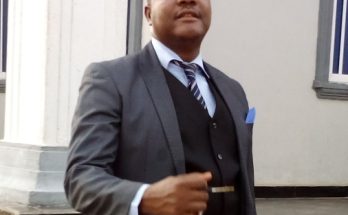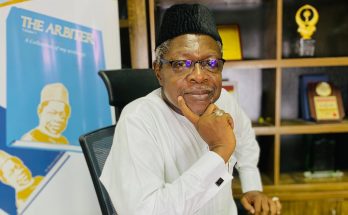Did you ever wonder why the recovery of the so-called Abacha loot no longer excite many Nigerians? Did you ever wonder why Nigerians have lost the enthusiasm about the recovery of the much-talked about Abacha loot? The simple reason for this widespread public apathy is the fact that Nigerians cannot find evidence where these recovered funds were applied to the promotion of the welfare of the citizens. Accountability in the management of recovered funds is no less significant than fighting corruption. Can Nigerians in all sincerity fight corruption with lip service or half-hearted commitment? The billions recovered from the Abachas could have brought significant improvements in the social service sector and our decayed public infrastructure.
The recovery of the Abacha loot has dominated the headlines almost always; what is missing in the headlines, however, is how these recovered funds are being used for the welfare of Nigerians.
The former Obasanjo administration had recovered billions of dollars from the Abachas, but until he ended his term in office in 2007, the recovery of looted funds ended up on newspaper pages. And sadder still, the civil society groups and the media have not shown enthusiasm to follow up how these recovered funds are being applied to the welfare of Nigerians. It is not enough to be announcing huge recoveries of stolen funds without accountability about the use of such funds.
Last year, the Swiss Ambassador to Nigeria, Mr. HaansHodel, told Nigerians that $700 million of the Abacha loot was returned to Nigeria by his country. The United States government also announced recently that it has frozen about $500 million of the Abacha loot and ready to return them to Nigeria when the legal processes are completed. Before these latest recoveries, the former Obasanjo administration had also announced the recoveries of billions of the Abacha loot.
Shouldn’t there be transparency in the management of recovered funds? Can we fight corruption when Nigerians appear unenthusiastic about the management of recovered funds? Can democracy thrive when the citizens are not keen to hold government accountable about how it manages recovered funds? How effective is the Freedom of
Information Act in practice to guarantee Nigerians access to the records of the recovered Abacha loot and how the monies were applied to the welfare of Nigerians?
Unless we are ready to confront these questions honestly, loot recovery efforts will end up creating a cynical and skeptical public attitude towards the country’s anti-corruption crusade. It is impossible to separate the anti-corruption war from accountability in the management of recovered funds. Any attempt to sidestep this issue will kill public enthusiasm about the war against corruption. Lest one is misunderstood, there is no attempt whatsoever to defend corruption by anybody. In fighting corruption, however, we must do so with sincerity to avoid creating a skeptical public attitude towards the anti-corruption crusade.
Billions of dollars continue to be stolen and kept in foreign banks by public office holders in Nigeria under our present so-called democratic order. It is surprising, therefore, why all the loot recovery efforts appear to be concentrated on the Abachas? Why is the government not enthusiastic about extending loot recovery efforts to the billions stolen by other Nigerian public office holder? Corruption by anybody is not acceptable. If the government could demonstrate this level of zeal in the recovery of the Abacha loot,
Nigerians expect the government to also go after looted funds stolen by other corrupt public office holders. General Abacha died 15 years ago, but corruption is still plaguing the country. Unless Nigerians see real efforts towards loot recovery involving other corrupt public office holders, they may ultimately lose interest and faith in the country’s anti-corruption crusade.
Abubakar, good governance and transparency advocate, wrote from No. 89 AhmadouAhidjoSteet, Asokoro, Abuja. E-mail: [email protected]



